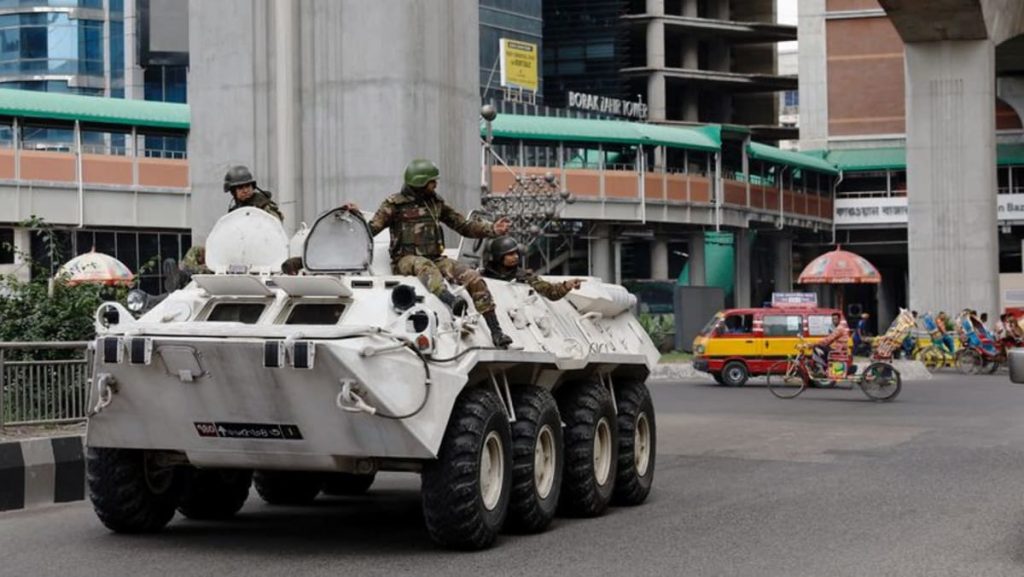The students in Bangladesh were protesting against a decision by Prime Minister Sheikh Hasina’s government to reinstate quotas in government jobs. These quotas had been initially scrapped but were brought back during an unemployment crisis in the country. The protests came to a halt when the Supreme Court ruled in favour of an appeal from the government, scrapping most quotas and directing that 93 per cent of jobs should be open to competition.
The use of force against the protesters drew criticism from the United Nations, international rights groups, and countries like the US and Britain. They called for Dhaka to respect the right to peaceful protests and expressed concern over reports that UN-marked vehicles were used during the events. The UN Deputy Spokesperson, Farhan Haq, stated that countries contributing troops and police to UN peacekeeping missions are only allowed to use UN insignia and equipment when they are performing mandated tasks as peacekeepers.
Bangladesh is the third-largest contributor of troops and police to UN peacekeeping missions, after Nepal and Rwanda. The country’s involvement in peacekeeping efforts is significant, and the use of UN-marked vehicles in the protests raised concerns about the neutrality of these vehicles and the potential misuse of UN resources. The criticism from international bodies and countries highlights the importance of upholding the right to peaceful protests and respecting international norms and standards.
The decision by the Supreme Court to scrap most quotas and open up 93 percent of government jobs to competition signals a significant shift in government policy. This move is likely to have far-reaching implications for employment opportunities in Bangladesh and may lead to increased competition for government positions. It remains to be seen how this decision will impact the unemployment crisis in the country and whether it will be met with further protests or support from the public.
The role of international bodies, such as the United Nations, in monitoring and addressing human rights violations and political unrest in countries like Bangladesh is crucial. The UN’s intervention in expressing concern over the use of force against protesters and the potential misuse of UN resources underscores the importance of holding governments accountable for their actions. As a major contributor to peacekeeping missions, Bangladesh’s actions are closely watched by the international community, and its adherence to international norms and standards is essential.
Moving forward, it will be important for Bangladesh to address the concerns raised by international bodies and ensure that the rights of its citizens, including the right to peaceful protests, are respected. The Supreme Court’s decision to scrap most quotas in government jobs marks a significant development in the country’s employment policies, and it will be interesting to see how this decision impacts the overall job market and economy. Bangladesh’s response to the criticisms from international bodies will be closely monitored, and its actions in upholding human rights and democratic principles will continue to be scrutinized by the global community.


